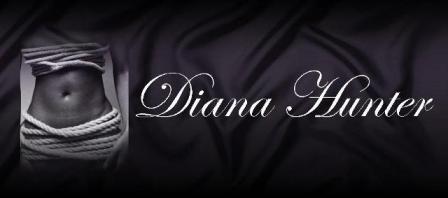reposted with permission from cfduprey.blogspot.com
In my websurfing tonight, I did a quick search for my name. The entire first page of Google's results were for 1) this blog or 2) the book available for sale on several sites. So far, so good.
But then, on the second page of returned results, I saw a copy of Hardship and Hardtack on eBay. This surprised me as I've sold only a handful of the paperback editions and I know almost everyone who bought one (several of them I met this weekend!). Who would be selling their copy already???
Turns out to be an online retailer in Australia. I'm thinking, "How on earth did one of my books get to Australia?" Then I read this little gem in the small print, "Once you have placed your order we will immediately order it from our supplier. We generally receive items from this supplier within 7 to 14 days. Please ADD the extra time it will take to get from Booktopia's Sydney warehouse to you via Australia Post."
In other words, they'd order it from Createspace, get the book in and then resell it to the purchaser for a highly inflated price (currently $27.40)!
Now, I have no trouble with free enterprise. The very fact that I sell my writing should give you a clue that I have capitalistic leanings (Only leanings. If I were a full-fledged capitalist, I'd be in banking or on Wall Street). And I get my cut from the sale at Createspace, so if he/she wants a cut too, who am I to complain?
No, the part that surprises me most of all? That anyone would bother buying from them when, with a simple Internet search, they can buy direct from Createspace and save the middleman and his markup! Heck, I've put three links in this blog post alone to point readers in the right direction!
If you'd like a print copy of Hardship and Hardtack, let me encourage you to save your pennies and purchase direct here. Or save even more and buy an ebook copy from any one of those sites that comes up in search (although my preference is from Smashwords. The owner treats authors well and you can get all formats on the site).
No matter where you purchase your copy, of course, the important part is that you purchase it. If you don't have your copy yet, why not? In this 150th anniversary year commemorating the start of the American Civil War, this is an easy way to learn a little history and live the life of a Union soldier!
Note from Diana:
You know you're going to go out and Google your own name now. Heck, I'm off to do the same!
Btw, don't forget there's a tab at the top of the blog page to read more about this book. If you're reading this post in a viewer, you'll have to click through to get to the tab.
Play safe,
D

